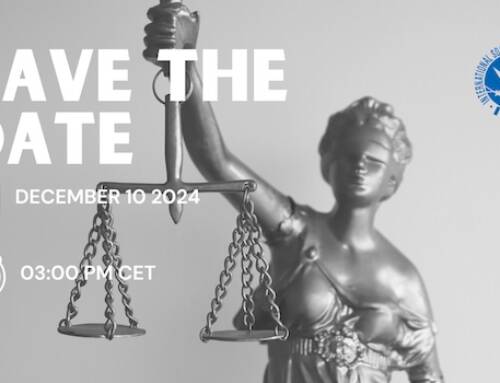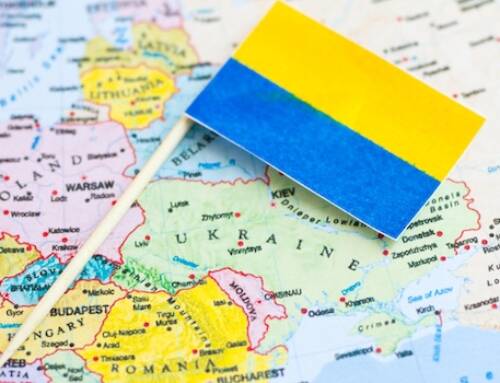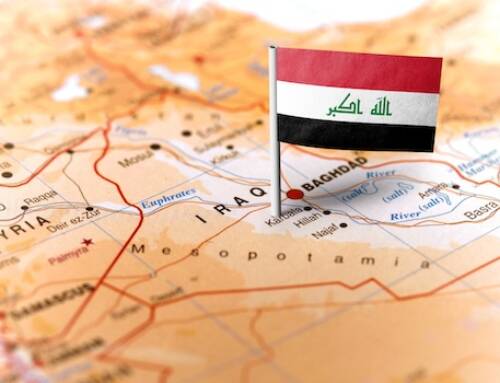NORTH & SOUTH AMERICA

Reporting about Corona crisis is smothered
Frankfurt am Main / Havana, April 21st, 2020 – Critical reporting about the fight against the virus epidemic is quickly punished in Cuba. The journalist Mónica Baró Sánchez had to pay a fine of 3.000 pesos – the equivalent of about 110 Euros – after a two-hour interrogation. The 26-year-old Camila Acosta, who writes for the Cubanet news website, has been interrogated several times. The International Society for Human Rights (ISHR) reports that she has reported about the shortage of food, medicines and toiletries. Reporting on problems in the Corona crisis is systematically smothered, like any critical reporting about the regime in Cuba.
Camelia Acosta was threatened with criminal proceedings, if she did not immediately end her journalistic work. Decree-law 370, which regulates Internet use in Cuba and thus government control over the online activities of its citizens, provides the legal basis for the arbitrary punishment of critical reporting by the authorities.
 Twelve journalists critical of the regime who use the Internet have already been punished with fines of 3.000 pesos. Journalist Roberto Quiñones was even sentenced to one year in prison for reporting on the trial of an evangelical pastor. Cuban human rights defenders and journalists have launched a petition against this ordinance, which is supported by the ISHR, which has a section in Cuba.
Twelve journalists critical of the regime who use the Internet have already been punished with fines of 3.000 pesos. Journalist Roberto Quiñones was even sentenced to one year in prison for reporting on the trial of an evangelical pastor. Cuban human rights defenders and journalists have launched a petition against this ordinance, which is supported by the ISHR, which has a section in Cuba.
Decree-law 370 came into effect on July 4th, 2019 and regulates the use of new technologies, the supervision of wireless networks and the limits for online publications. Martin Lessenthin, spokesman for the ISHR, criticizes: “If you don’t stick to it, you have to expect high fines or that your technical equipment is confiscated. Article 68 of the decree-law 370 states, among other things, that the dissemination of information via the Internet that violates ‘social interest, morality, good morals and the integrity of people’ is prohibited. This empowers the Cuban dictatorship to imprison any rapporteur critical of the regime or to silence him in any other way.”
Those who are undeterred by that and still report independently, risk fines in Cuba of up to the equivalent of around 110 Euros – which is overwhelmingly high in relation to the average wage of around 15 Euros per month – or even jail. Journalist Mónica Baró was shown dozens of prints of her Facebook posts from the past few months during the interrogation. When she refused to pay, she was threatened that the punishment would only increase and her behavior could lead to arrest.
Petition against decree-law 370
“Fines for critical social media publications related to the government’s crisis management have become a tool to silence, intimidate and further limit the freedom of the citizens”, criticized Cuban blogger and author Yoani Sánchez in her article of April 19, 2020. Decree-law 370 violates the Universal Declaration of Human Rights and the Cuban constitution, which guarantees freedom of thought, conscience and expression in Article 4. The petition’s signatories refuse to pay fines and demand amongst others to remove Article 68, to release the independent journalist Roberto Jesús Quiñones immediately and to respect the human rights of the Cuban citizens. In addition, they are aware that due to the petition, they are in risk of being arrested.
Low hygiene standards endanger political prisoners
The coronavirus pandemic does not stop in front of the prisons in Cuba and could particularly affect the political prisoners – and thus also the detained independent journalists. As the ISHR has learned, the regime has now prohibited prisoner families from visiting their detained relatives. Former political prisoner and founder of the UNPACU democracy movement, José Daniel Ferrer, points to a source of danger for the inmates: “The prison guards come and go every day and most do not take any precautionary measures.” Martin Lessenthin, spokesman of the board of the ISHR, thinks that if the virus spreads in the prisons, many people will be infected quickly: “The prisons in Cuba are overcrowded, the prisoners are malnourished and there is a lack of hygiene and adequate healthcare.” The NGO based in Frankfurt is calling on the international community to increase the pressure on the Cuban regime to ensure the necessary hygiene standards in the prisons in order to prevent the spread of the virus among the prisoners and to release civil rights activists immediately.





